HEATING BILL BURDENS SOCIALLY VULNERABLE
입력 2022.12.14 (15:09)
수정 2022.12.14 (16:45)
읽어주기 기능은 크롬기반의
브라우저에서만 사용하실 수 있습니다.
[Anchor Lead]
With a cold snap gripping the nation, morning lows have dipped to minus ten degrees Celsius in Korea. The cold is even more difficult to bare for those who use coal blocks or kerosene for indoor heating, such as the socially vulnerable or senior citizens who live alone. Adding to the difficulty is the recent surge in the cost of kerosene, and many are calling for additional heating support for low income citizens.
[Pkg]
Here is a subdivided flat where nine people live in a single cell. Despite subzero temperatures, the boiler is not turned on.
[Soundbite] (Subdivided flat resident) : "I'm dressed in layers including two long johns. I keep heating at night for just a few hours. You can't sleep if it's cold."
Operating the boiler is up to the landlord or housing manager, so it's not easy to make the first request for its use. The cost of kerosene for indoor heating has soared nearly 40% in the past year, making it even more difficult to switch on the boiler. There is an energy voucher scheme to help the socially vulnerable with heating costs but not many people know about it.
[Soundbite] (Subdivided flat resident) : "Energy voucher? (You didn't know that?) No. It's the first time I've heard of it."
At times, the support fails to come in a timely manner.
[Soundbite] (Subdivided flat resident) : "I need to apply this year, but the money comes months later like in the summer."
When certain conditions are met, such as family size and income level, heating aid of 118,500 won can be provided per one-person household for the winter. But it's not enough to cover heating bills for one month.
[Soundbite] (Subdivided flat resident) : "Only a few who live here have vouchers. We use it together, this is communal living."
Senior citizens who live alone also face the same concerns when it comes to heating.
[Soundbite] Kim Chun-rae(Seoul resident) : "The bills add up in winter. (About how much?) Around 85,000 won, or nearly 100,000 won when I heat a lot."
The health ministry provides a monthly 107,000 won to emergency welfare recipients to help with heating expenses, but it can't overlap with the energy vouchers handed out by the industry ministry.
[Soundbite] Prof. Jung Jae-hoon(Seoul Women's Univ.) : "Scattered projects across different agencies should be unified. Instead of separate vouchers, the heating aid can be incorporated into housing stipends."
There are increasing calls for additional heating support for low income citizens in an effort to ease the blind spots in the state welfare service.
With a cold snap gripping the nation, morning lows have dipped to minus ten degrees Celsius in Korea. The cold is even more difficult to bare for those who use coal blocks or kerosene for indoor heating, such as the socially vulnerable or senior citizens who live alone. Adding to the difficulty is the recent surge in the cost of kerosene, and many are calling for additional heating support for low income citizens.
[Pkg]
Here is a subdivided flat where nine people live in a single cell. Despite subzero temperatures, the boiler is not turned on.
[Soundbite] (Subdivided flat resident) : "I'm dressed in layers including two long johns. I keep heating at night for just a few hours. You can't sleep if it's cold."
Operating the boiler is up to the landlord or housing manager, so it's not easy to make the first request for its use. The cost of kerosene for indoor heating has soared nearly 40% in the past year, making it even more difficult to switch on the boiler. There is an energy voucher scheme to help the socially vulnerable with heating costs but not many people know about it.
[Soundbite] (Subdivided flat resident) : "Energy voucher? (You didn't know that?) No. It's the first time I've heard of it."
At times, the support fails to come in a timely manner.
[Soundbite] (Subdivided flat resident) : "I need to apply this year, but the money comes months later like in the summer."
When certain conditions are met, such as family size and income level, heating aid of 118,500 won can be provided per one-person household for the winter. But it's not enough to cover heating bills for one month.
[Soundbite] (Subdivided flat resident) : "Only a few who live here have vouchers. We use it together, this is communal living."
Senior citizens who live alone also face the same concerns when it comes to heating.
[Soundbite] Kim Chun-rae(Seoul resident) : "The bills add up in winter. (About how much?) Around 85,000 won, or nearly 100,000 won when I heat a lot."
The health ministry provides a monthly 107,000 won to emergency welfare recipients to help with heating expenses, but it can't overlap with the energy vouchers handed out by the industry ministry.
[Soundbite] Prof. Jung Jae-hoon(Seoul Women's Univ.) : "Scattered projects across different agencies should be unified. Instead of separate vouchers, the heating aid can be incorporated into housing stipends."
There are increasing calls for additional heating support for low income citizens in an effort to ease the blind spots in the state welfare service.
■ 제보하기
▷ 카카오톡 : 'KBS제보' 검색, 채널 추가
▷ 전화 : 02-781-1234, 4444
▷ 이메일 : kbs1234@kbs.co.kr
▷ 유튜브, 네이버, 카카오에서도 KBS뉴스를 구독해주세요!
- HEATING BILL BURDENS SOCIALLY VULNERABLE
-
- 입력 2022-12-14 15:09:19
- 수정2022-12-14 16:45:06
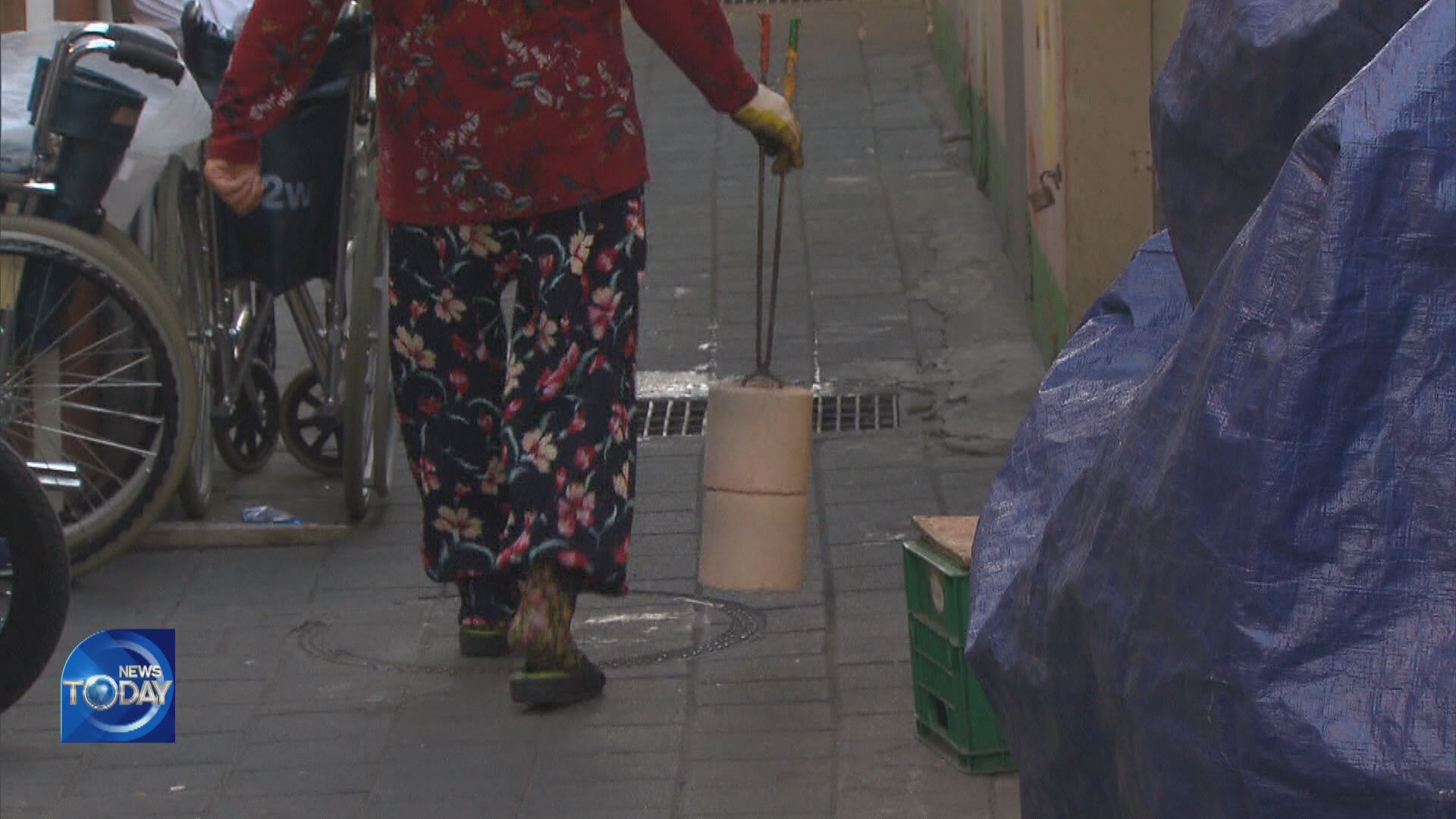
[Anchor Lead]
With a cold snap gripping the nation, morning lows have dipped to minus ten degrees Celsius in Korea. The cold is even more difficult to bare for those who use coal blocks or kerosene for indoor heating, such as the socially vulnerable or senior citizens who live alone. Adding to the difficulty is the recent surge in the cost of kerosene, and many are calling for additional heating support for low income citizens.
[Pkg]
Here is a subdivided flat where nine people live in a single cell. Despite subzero temperatures, the boiler is not turned on.
[Soundbite] (Subdivided flat resident) : "I'm dressed in layers including two long johns. I keep heating at night for just a few hours. You can't sleep if it's cold."
Operating the boiler is up to the landlord or housing manager, so it's not easy to make the first request for its use. The cost of kerosene for indoor heating has soared nearly 40% in the past year, making it even more difficult to switch on the boiler. There is an energy voucher scheme to help the socially vulnerable with heating costs but not many people know about it.
[Soundbite] (Subdivided flat resident) : "Energy voucher? (You didn't know that?) No. It's the first time I've heard of it."
At times, the support fails to come in a timely manner.
[Soundbite] (Subdivided flat resident) : "I need to apply this year, but the money comes months later like in the summer."
When certain conditions are met, such as family size and income level, heating aid of 118,500 won can be provided per one-person household for the winter. But it's not enough to cover heating bills for one month.
[Soundbite] (Subdivided flat resident) : "Only a few who live here have vouchers. We use it together, this is communal living."
Senior citizens who live alone also face the same concerns when it comes to heating.
[Soundbite] Kim Chun-rae(Seoul resident) : "The bills add up in winter. (About how much?) Around 85,000 won, or nearly 100,000 won when I heat a lot."
The health ministry provides a monthly 107,000 won to emergency welfare recipients to help with heating expenses, but it can't overlap with the energy vouchers handed out by the industry ministry.
[Soundbite] Prof. Jung Jae-hoon(Seoul Women's Univ.) : "Scattered projects across different agencies should be unified. Instead of separate vouchers, the heating aid can be incorporated into housing stipends."
There are increasing calls for additional heating support for low income citizens in an effort to ease the blind spots in the state welfare service.
With a cold snap gripping the nation, morning lows have dipped to minus ten degrees Celsius in Korea. The cold is even more difficult to bare for those who use coal blocks or kerosene for indoor heating, such as the socially vulnerable or senior citizens who live alone. Adding to the difficulty is the recent surge in the cost of kerosene, and many are calling for additional heating support for low income citizens.
[Pkg]
Here is a subdivided flat where nine people live in a single cell. Despite subzero temperatures, the boiler is not turned on.
[Soundbite] (Subdivided flat resident) : "I'm dressed in layers including two long johns. I keep heating at night for just a few hours. You can't sleep if it's cold."
Operating the boiler is up to the landlord or housing manager, so it's not easy to make the first request for its use. The cost of kerosene for indoor heating has soared nearly 40% in the past year, making it even more difficult to switch on the boiler. There is an energy voucher scheme to help the socially vulnerable with heating costs but not many people know about it.
[Soundbite] (Subdivided flat resident) : "Energy voucher? (You didn't know that?) No. It's the first time I've heard of it."
At times, the support fails to come in a timely manner.
[Soundbite] (Subdivided flat resident) : "I need to apply this year, but the money comes months later like in the summer."
When certain conditions are met, such as family size and income level, heating aid of 118,500 won can be provided per one-person household for the winter. But it's not enough to cover heating bills for one month.
[Soundbite] (Subdivided flat resident) : "Only a few who live here have vouchers. We use it together, this is communal living."
Senior citizens who live alone also face the same concerns when it comes to heating.
[Soundbite] Kim Chun-rae(Seoul resident) : "The bills add up in winter. (About how much?) Around 85,000 won, or nearly 100,000 won when I heat a lot."
The health ministry provides a monthly 107,000 won to emergency welfare recipients to help with heating expenses, but it can't overlap with the energy vouchers handed out by the industry ministry.
[Soundbite] Prof. Jung Jae-hoon(Seoul Women's Univ.) : "Scattered projects across different agencies should be unified. Instead of separate vouchers, the heating aid can be incorporated into housing stipends."
There are increasing calls for additional heating support for low income citizens in an effort to ease the blind spots in the state welfare service.
이 기사가 좋으셨다면
-
좋아요
0
-
응원해요
0
-
후속 원해요
0










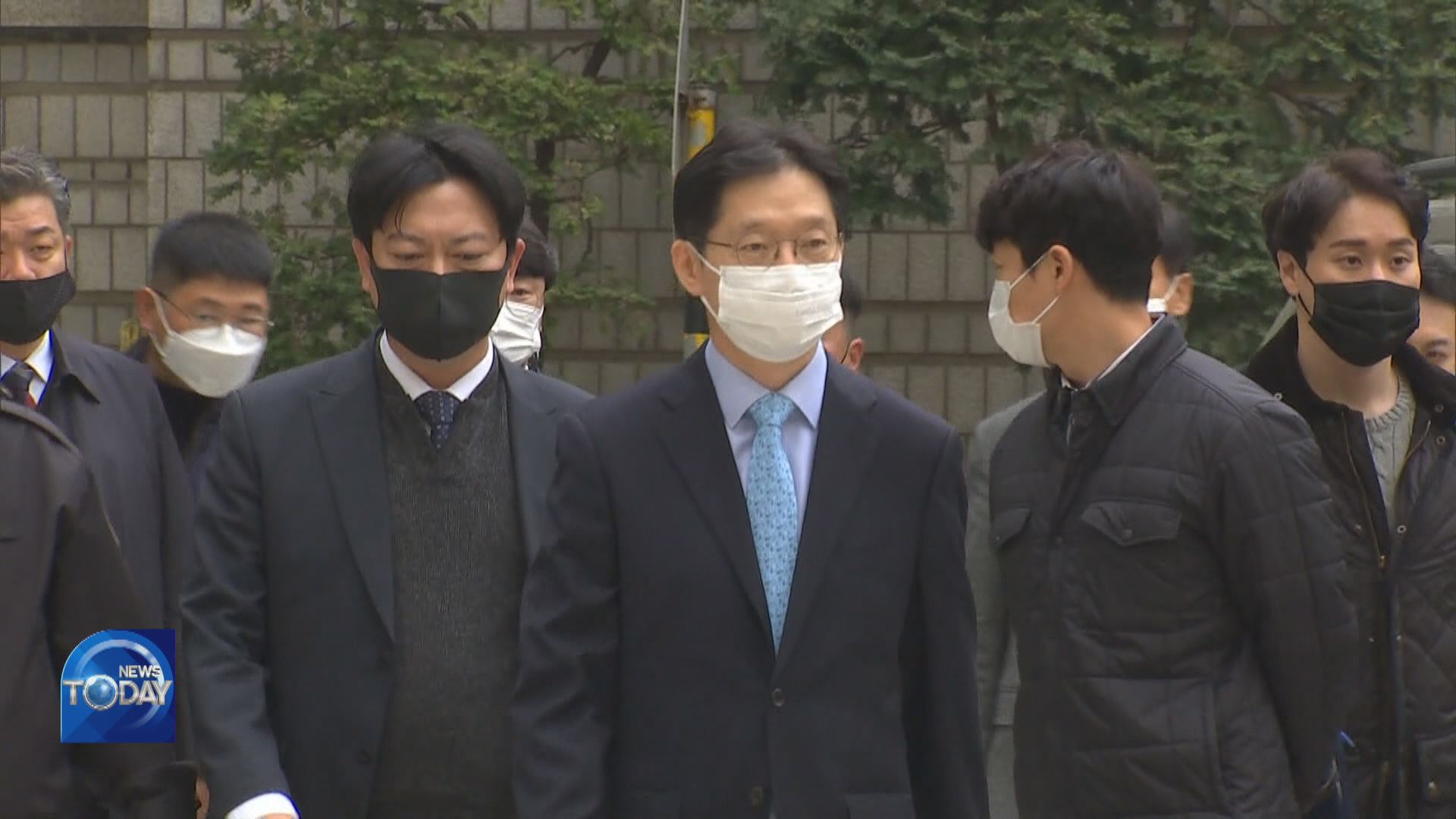
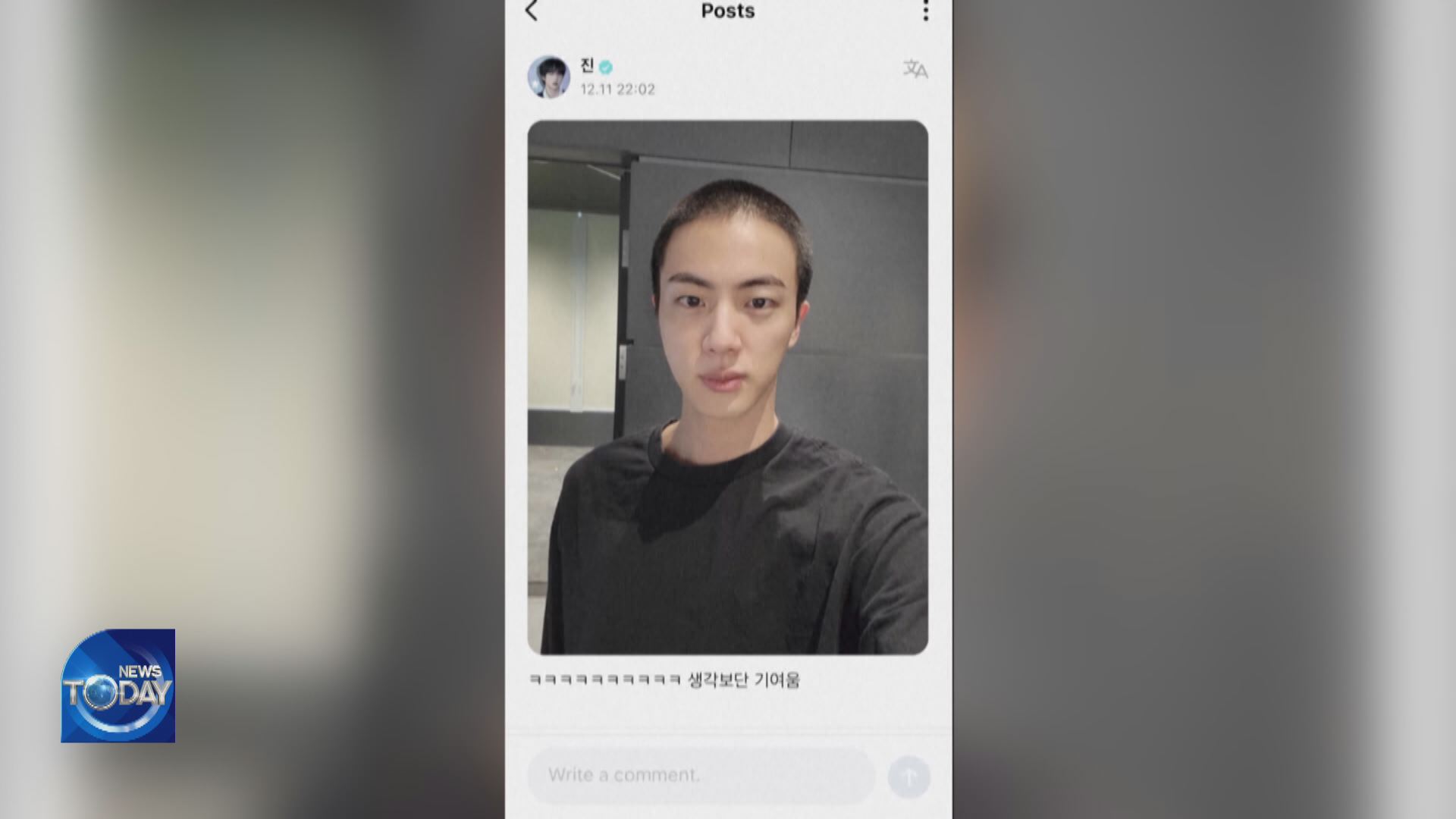
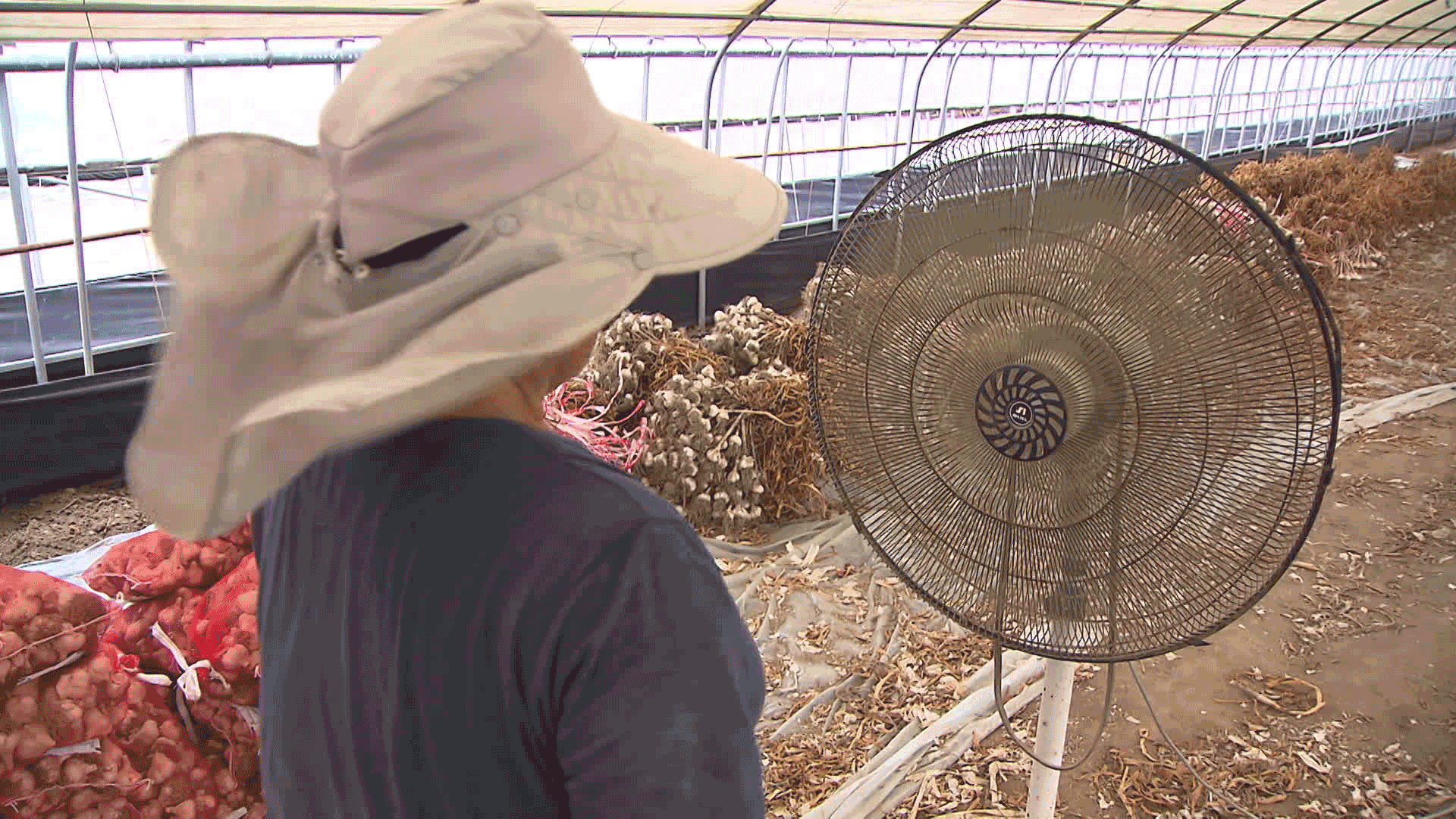
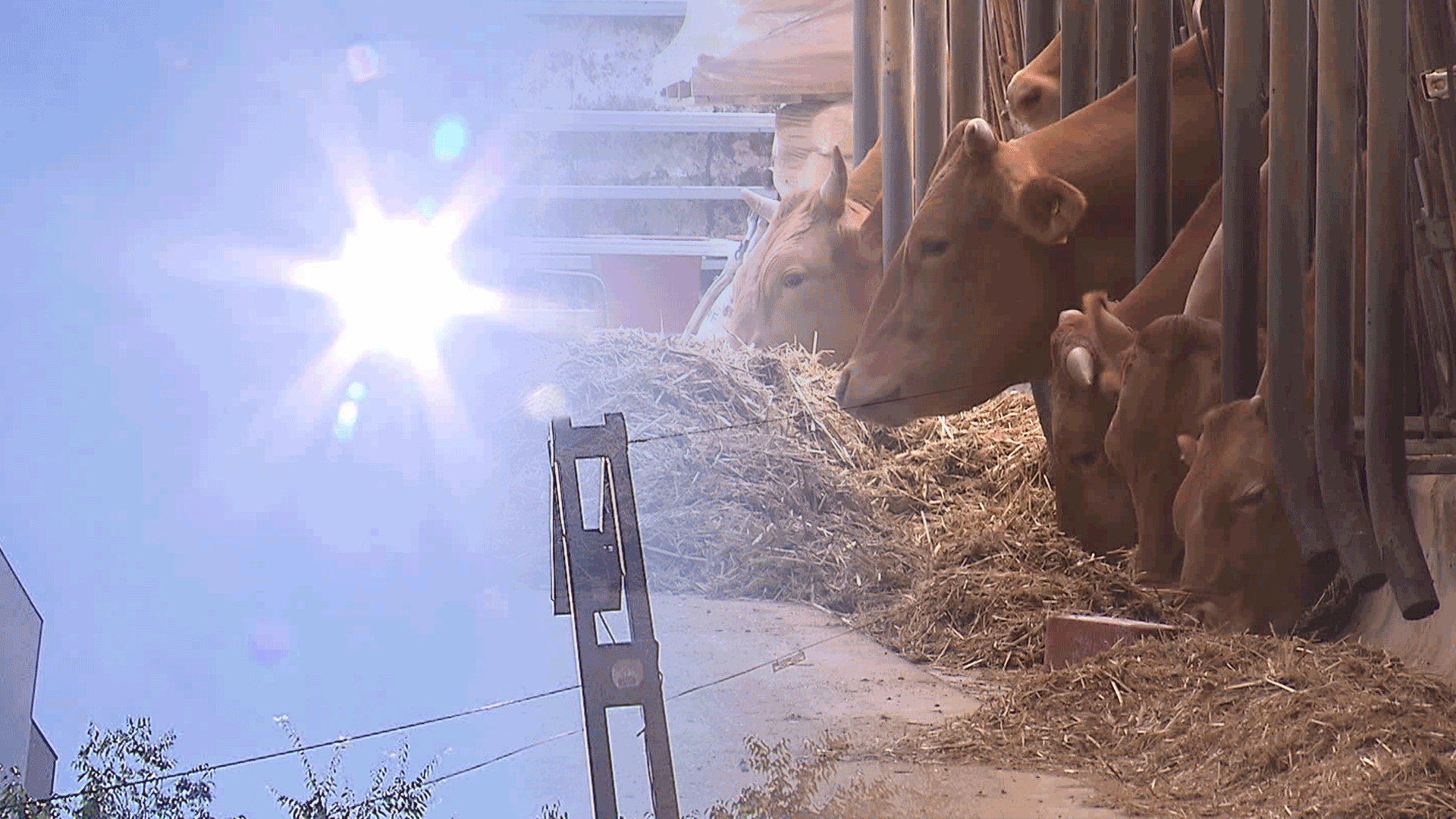
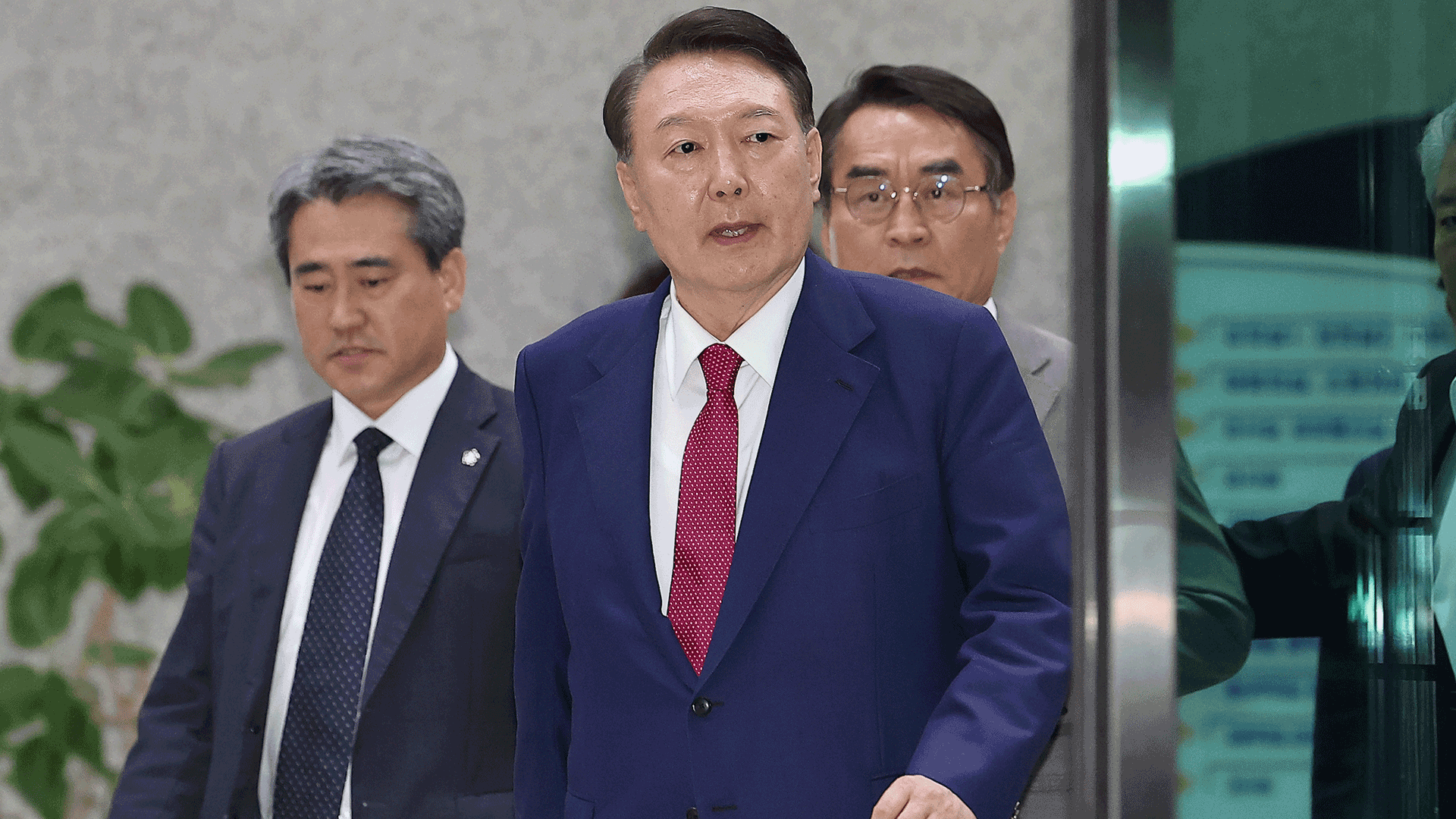
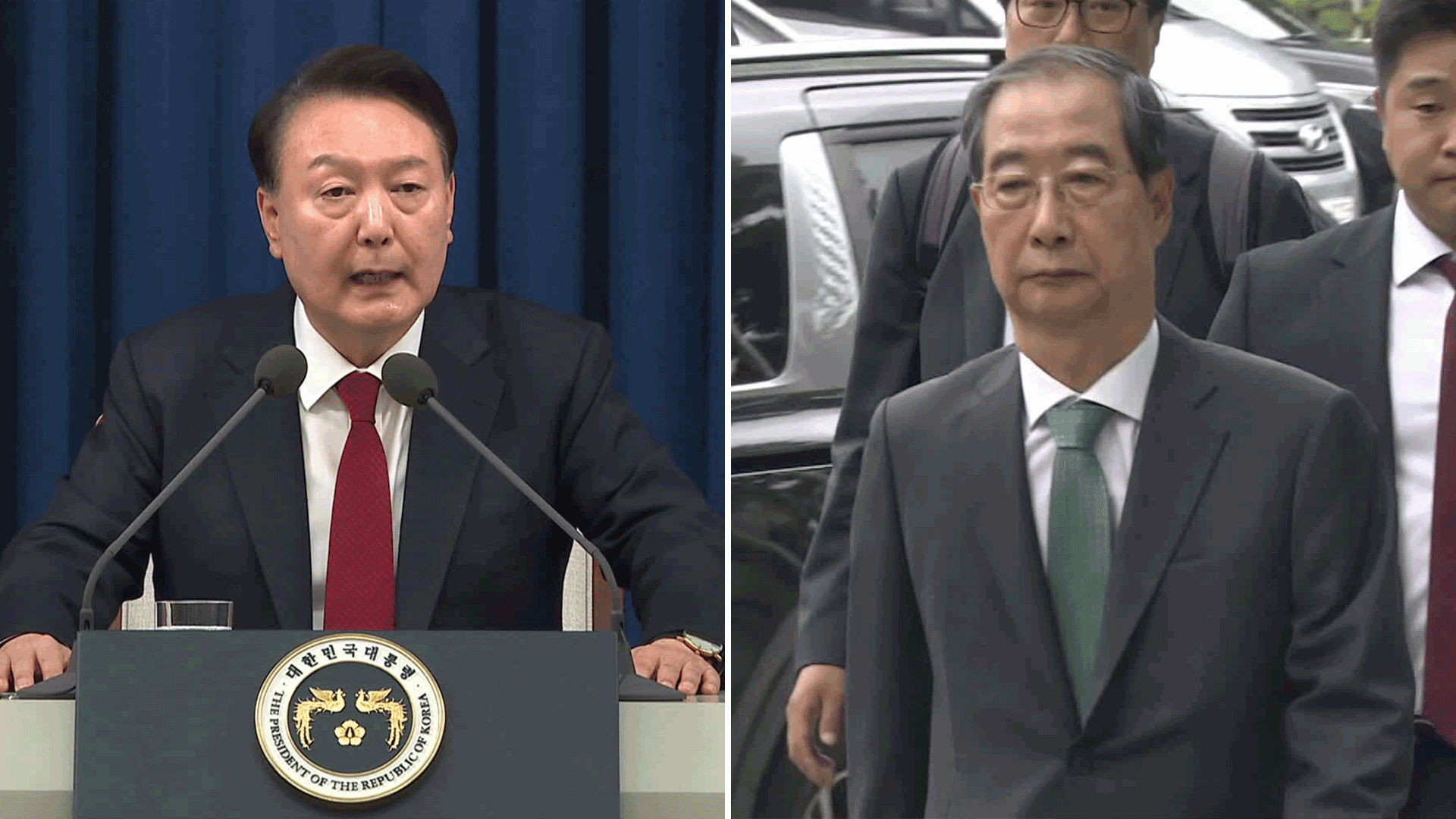

이 기사에 대한 의견을 남겨주세요.